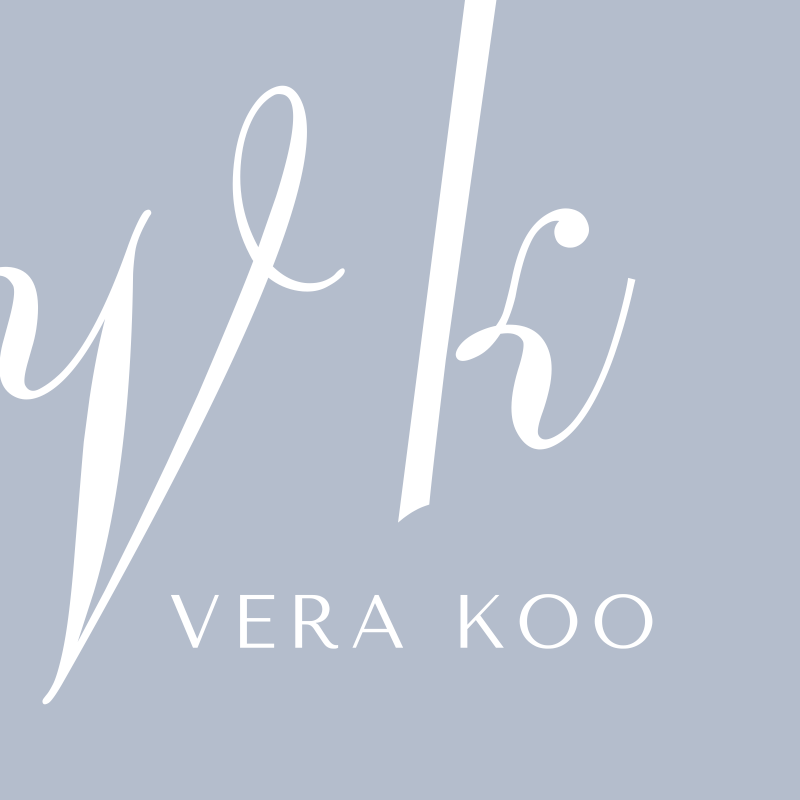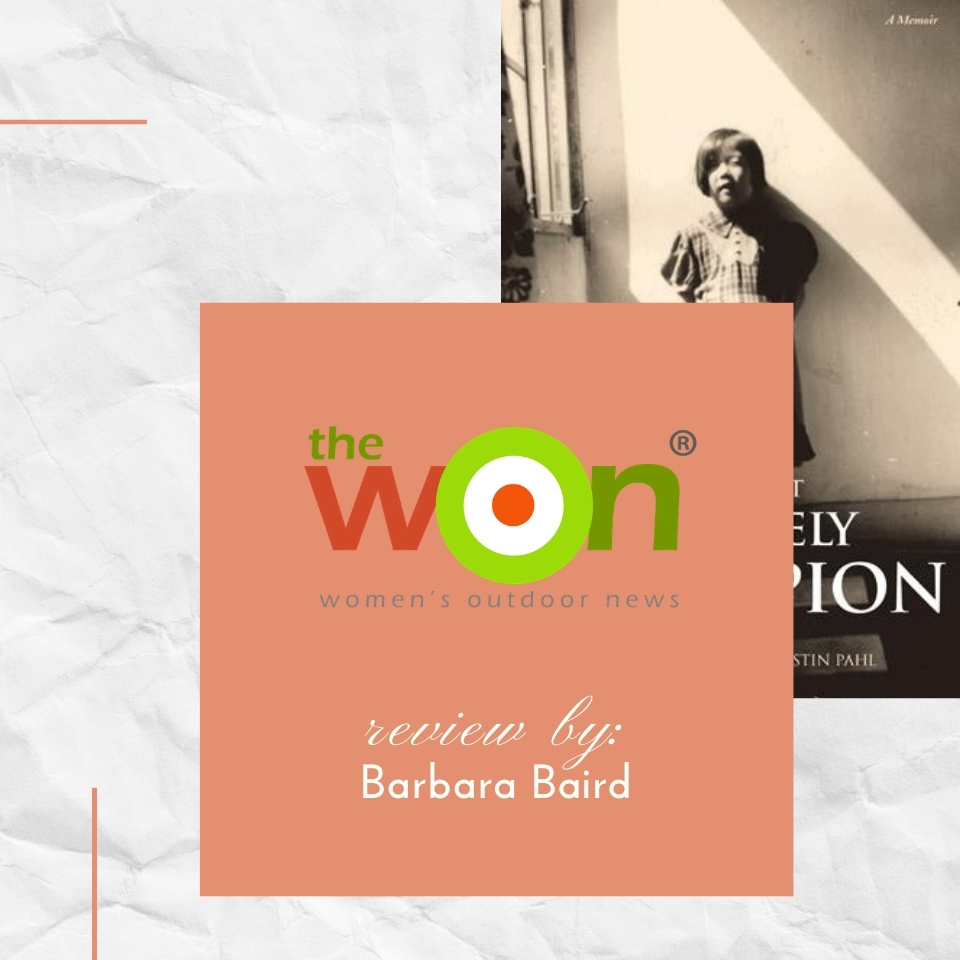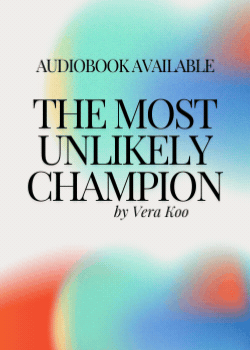几年前我在密苏里州哥伦比亚的比安奇杯比赛中遇见顾方蓁女士;我想可能是十五年前左右,在她射击生涯鼎盛时期。比安奇杯名盛一方,而方蓁是比安奇杯历来唯一一位八次夺得女子组冠军的女性。她坐在我旁的木凳上;她当天的比赛还没赛完,但她跟我交谈起来。后来,我才知道这是她少有的动作。我记得当时我她的禅定般的光环所吸引;更坦白的说,被她的专业精神所吸引。
时光快转到几年之后,我们成了朋友,为她杰出的系列专栏定期在《女性戶外运动新闻》刊出,我们开始合作。
.
在我深入研读她的处女作、说明它给我带给我的启示之前,我想多说一点那天我遇见她的情况。方蓁是一位纪律严明的运动员,她有一套特别的预备比赛公式,一丝不苟,射击界大多数人都知道并且尊重。她在她射击专用眼镜旁套上小“屏风”,挡去会干扰她射击的人事物;她会一遍又一遍地在脑海里演练如何射击、想象真正射击时会是什么样的场景;有时她会临事不乱的先做伸展,有时她可能在某项射击阶段展开前为定心而静坐冥想...;但那天,她坐下来和我说话,因为有人介绍我们认识,她觉得她有话说,要一吐为快。
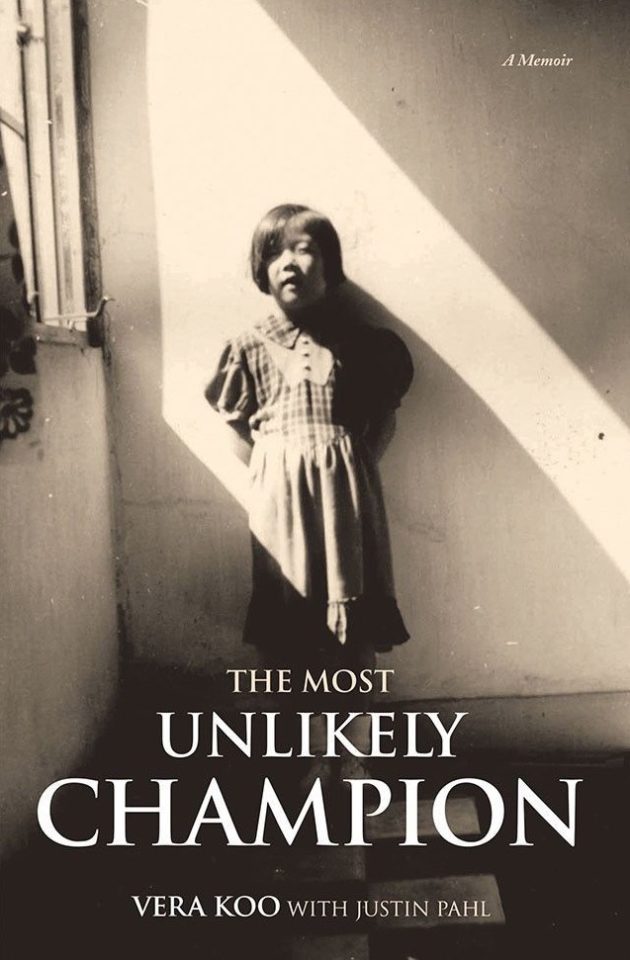
她告诉我,那一天是第一次有人问起她是否会把她的一生写下来。那人是谁?是我!我到今天都很高兴那天我在她心里播下那粒种子。我相信无论我有没有说什么或有没有问什么她都会写这本书,但想想也许——只是也许,在她写书、出书的事上我担任了一个小角色,就足以让我高兴半天。
书成之后,我看到书中包含的远远不止于射击运动,远远不止是射击如何丰富了她的人生。这本书关乎方蓁,关乎她如何通过射击运动为我们带来一个出色又相关的人生故事,鼓舞大家,让我们思考、运用在我们的生活里。
我读了她寄给我、有她亲笔签名的第一版发行的书,然后,我把那本意义不凡的书寄给了我最心仪的女性之一——纽一玲(IL Ling New)。一玲也是射击学校Gunsite Academy靶场安全官与教练,后来针对此事写了书评;去年春天她也在印第安纳波利斯的美国步枪协会商展上巧遇顾方蓁和她的夫婿顾家一。一玲告诉我她和方蓁有缘分。 .
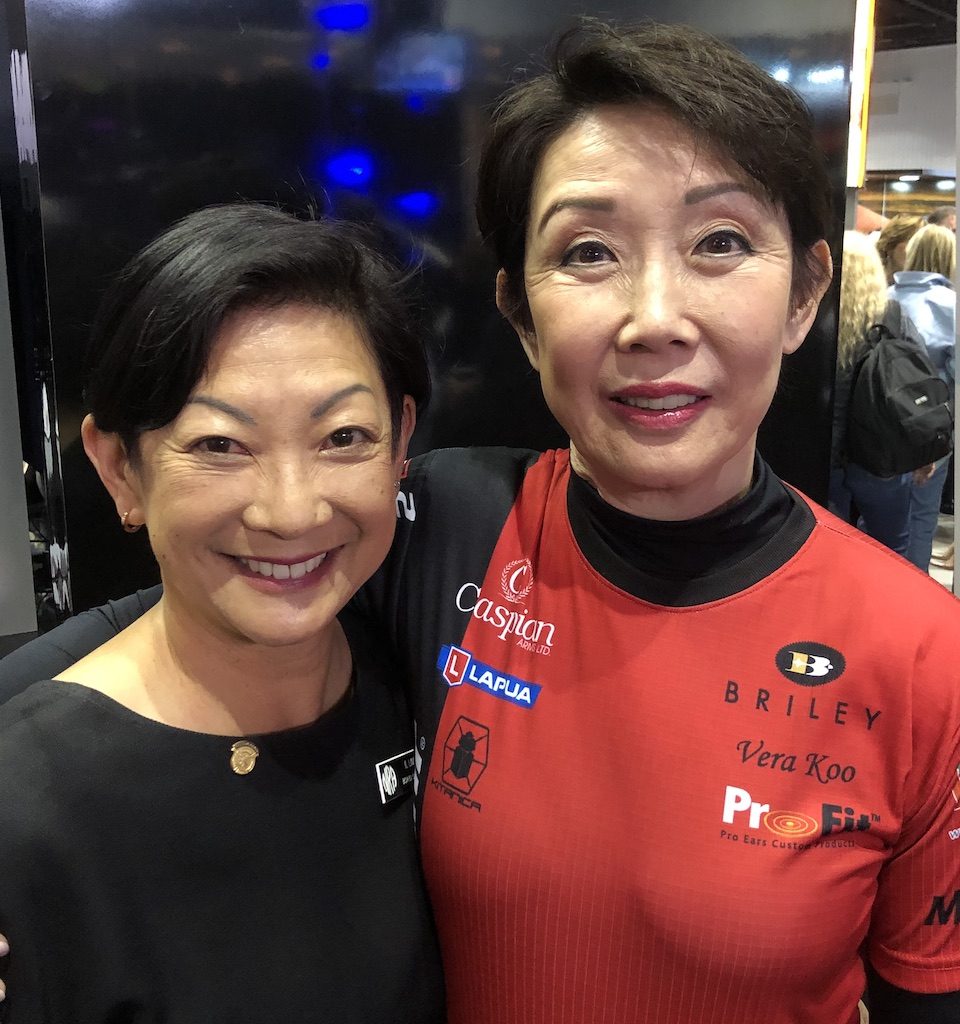
我早料到她们除了共同的文化背景之外还会一见如故。方蓁文章里曾经提到:“在中国文化里有一种观念叫‘缘分’——两人因命运而认识,一认识就推心置腹、无话不谈,而且感觉相逢恨晚。” 元粉 哪一个 是命运将两个人聚集在一起的时候。如果你有
顾方蓁《巾帼枪神 世界冠军之路》书摘摘录(见《女性戶外运动新闻》网页)。
Excerpts from Vera Koo’s The Most Unlikely Champion: A Memoir
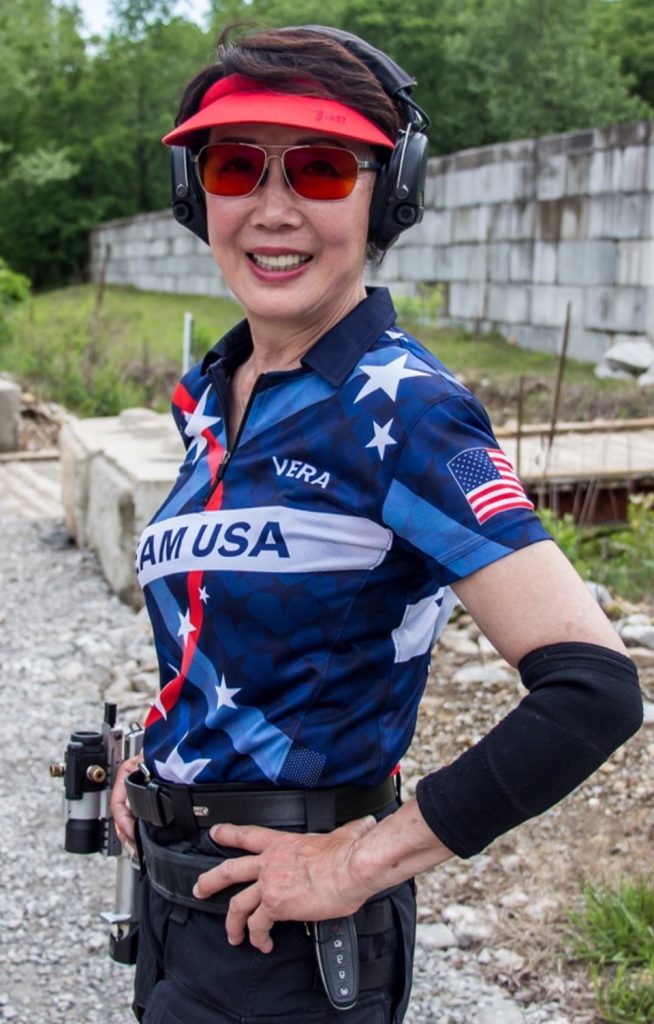
“I didn’t touch a gun until my 40s and didn’t start sport shooting seriously until my life was shaken to its very core. I’ve probably been the most unlikely pistol champion in America.”
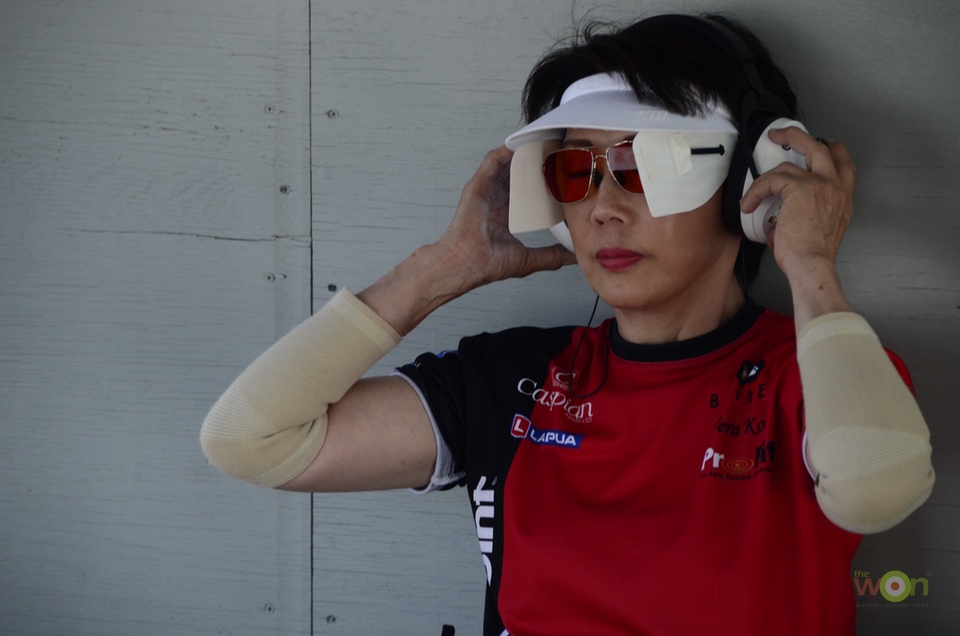
“With nothing to distract me, I can achieve that rare form of perfect concentration, the kind that all competitors know well. My solitude is my strength.”
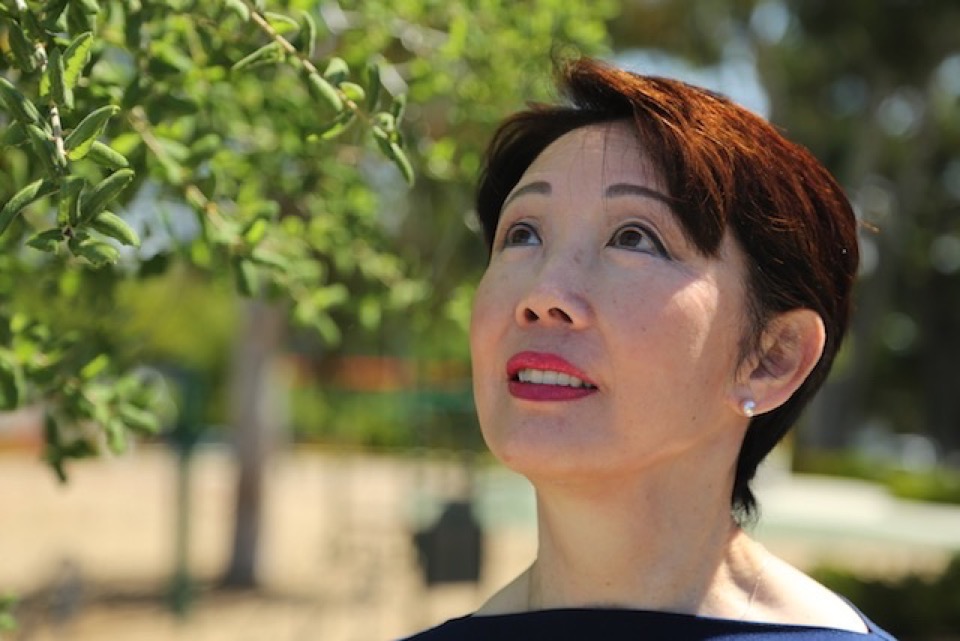
“My mother was very honest … she repeatedly told me, ‘Vera, you are more plain-looking, so you have to develop your inner beauty.’”

“My mother never did. She never complained … Although she often claimed that life was one hardship than happiness, you wouldn’t have known it from her attitude. She taught me that you see the doughnut, not the hole.”
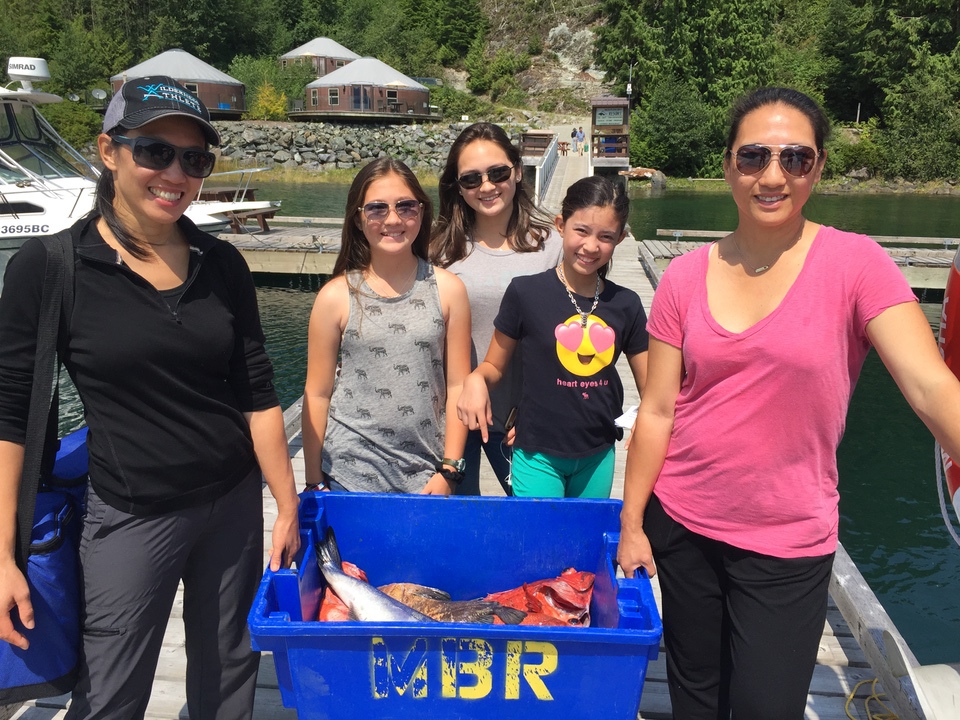
“I learned a lot from my mother, but above all I think I learned that your first responsibility was to your family. No matter how tired you might be, you still had to do right by them.”
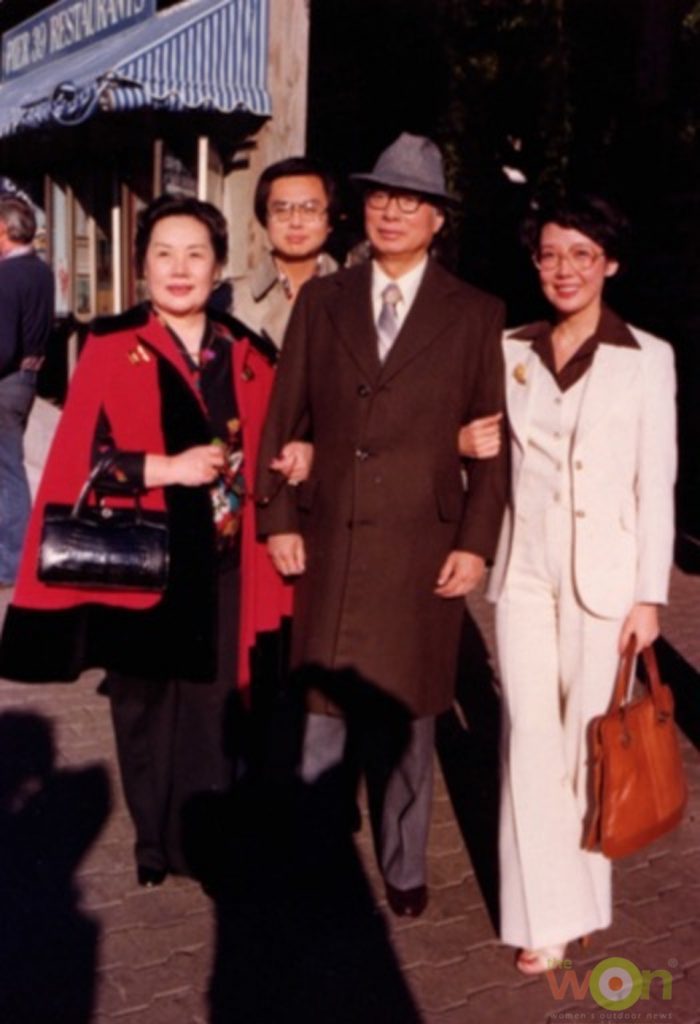
“Kai Fang, the man who raised me, must have known I wasn’t his biological daughter. But he loved me in the same way he loved his biological children. He spoiled me, taking me to beaches and on hikes. He showed me that family isn’t just about blood; it’s about love.”
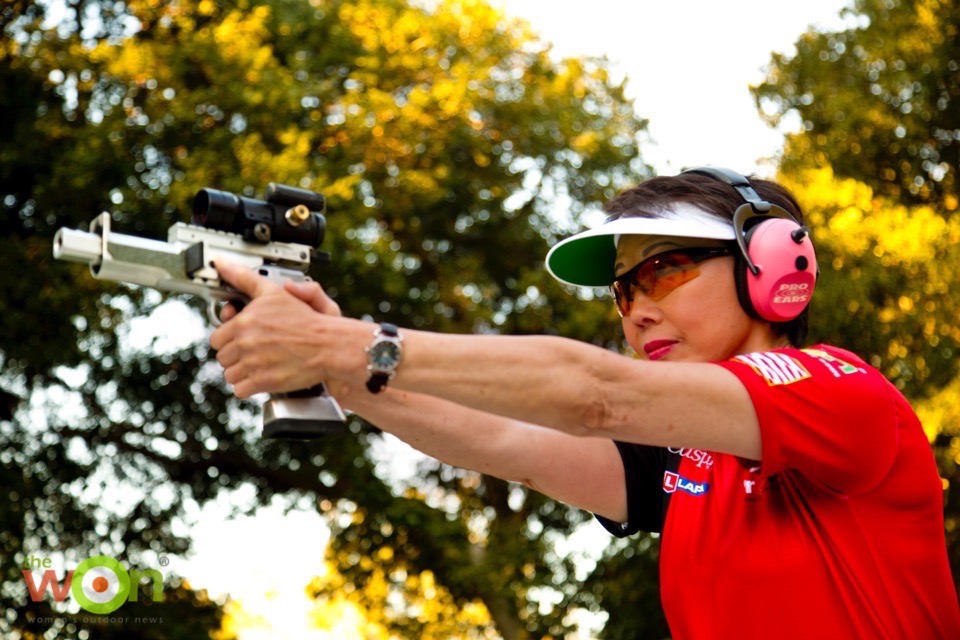
“This country could take you in, and you could turn nothing into something just through hard work. I’ve always believed – and always told my children – that if you work hard in America, anything is possible. My life is proof of that.”
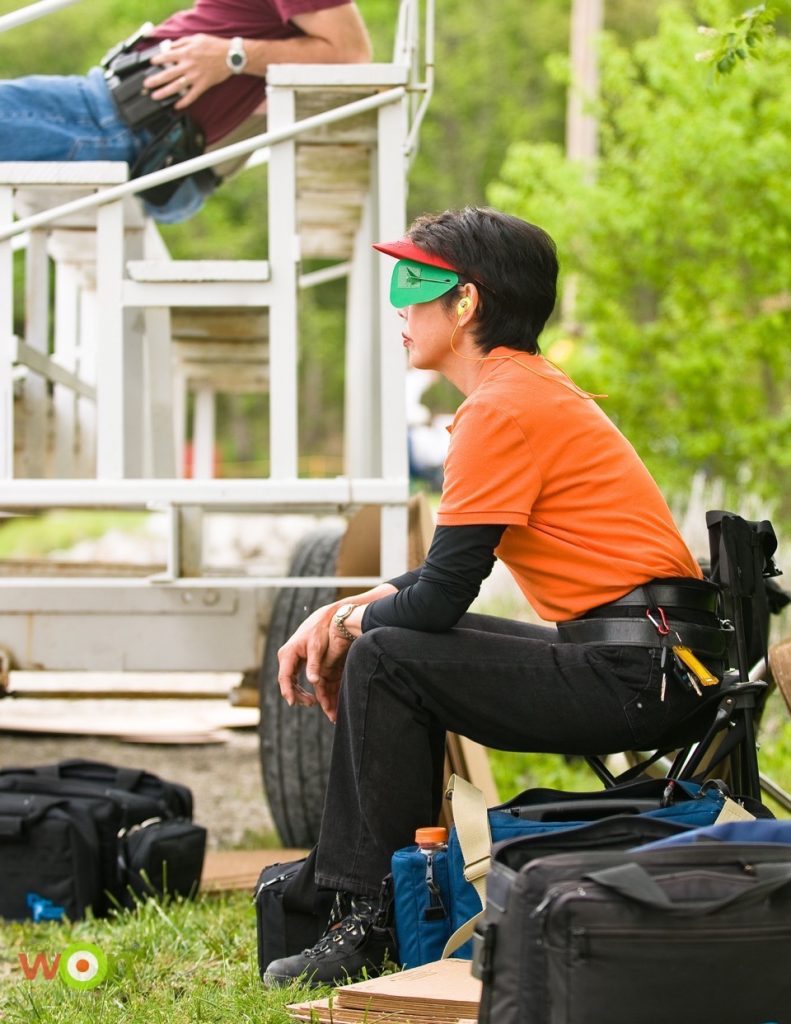
“When you’re struggling to take your next breath, something as simple as a nice smile from a stranger can help you survive.”
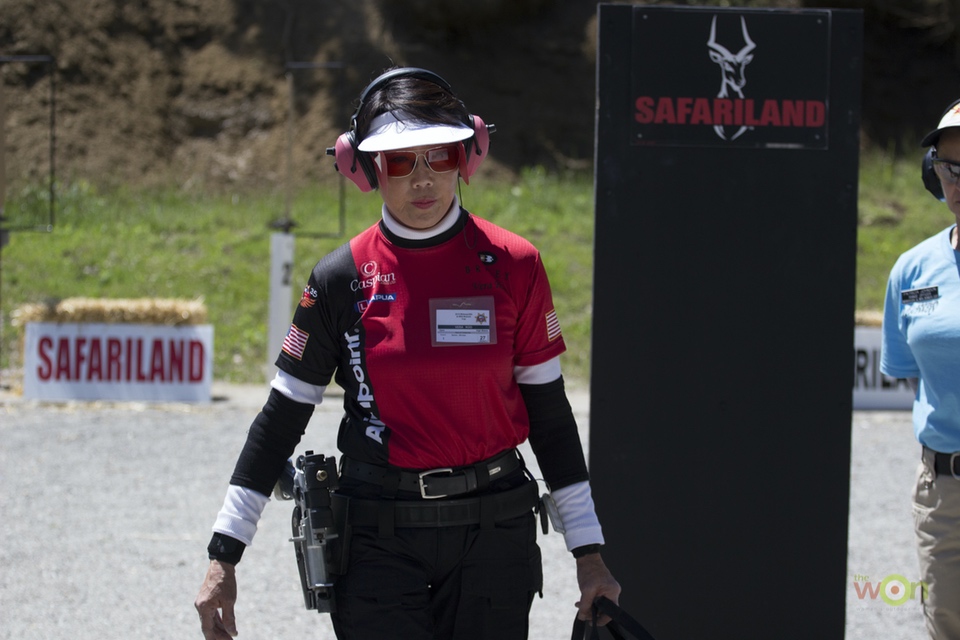
“Amid all my sorrow and analysis, I began to understand certain things, too. The first was that only I could be responsible for myself – for my well-being, but also for my pain. I couldn’t let anyone else be responsible for me.”
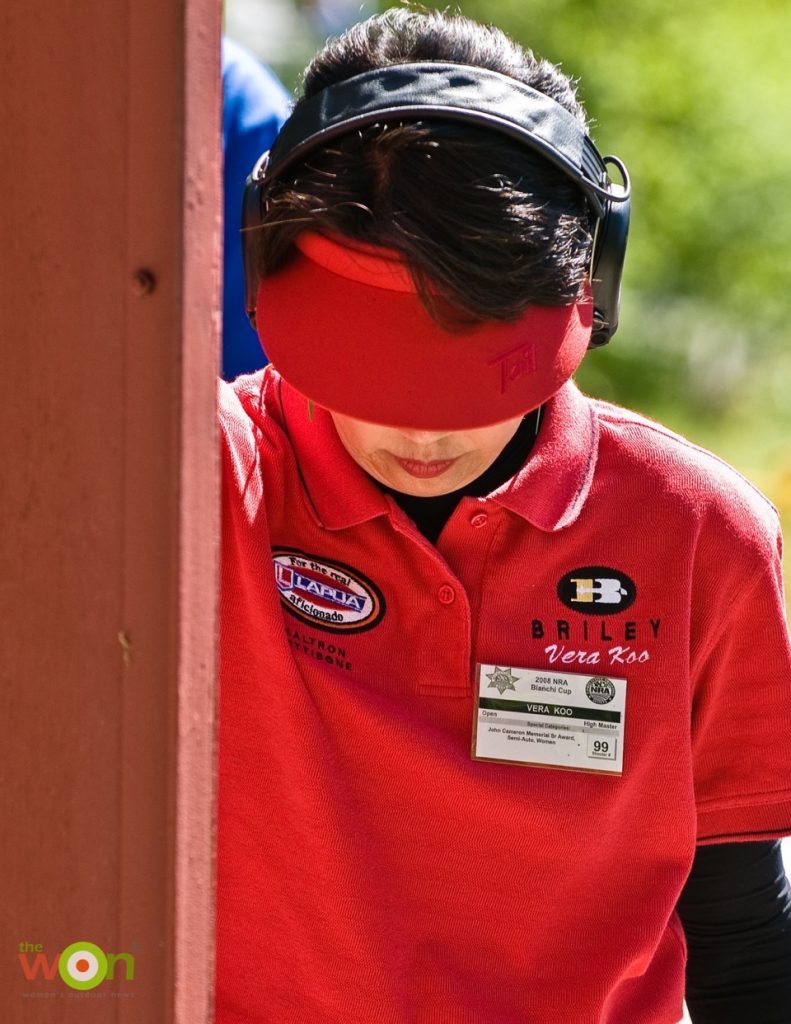
“My whole life has been: How do I survive this? How do I keep myself well? How do I move forward and meet my goals?”
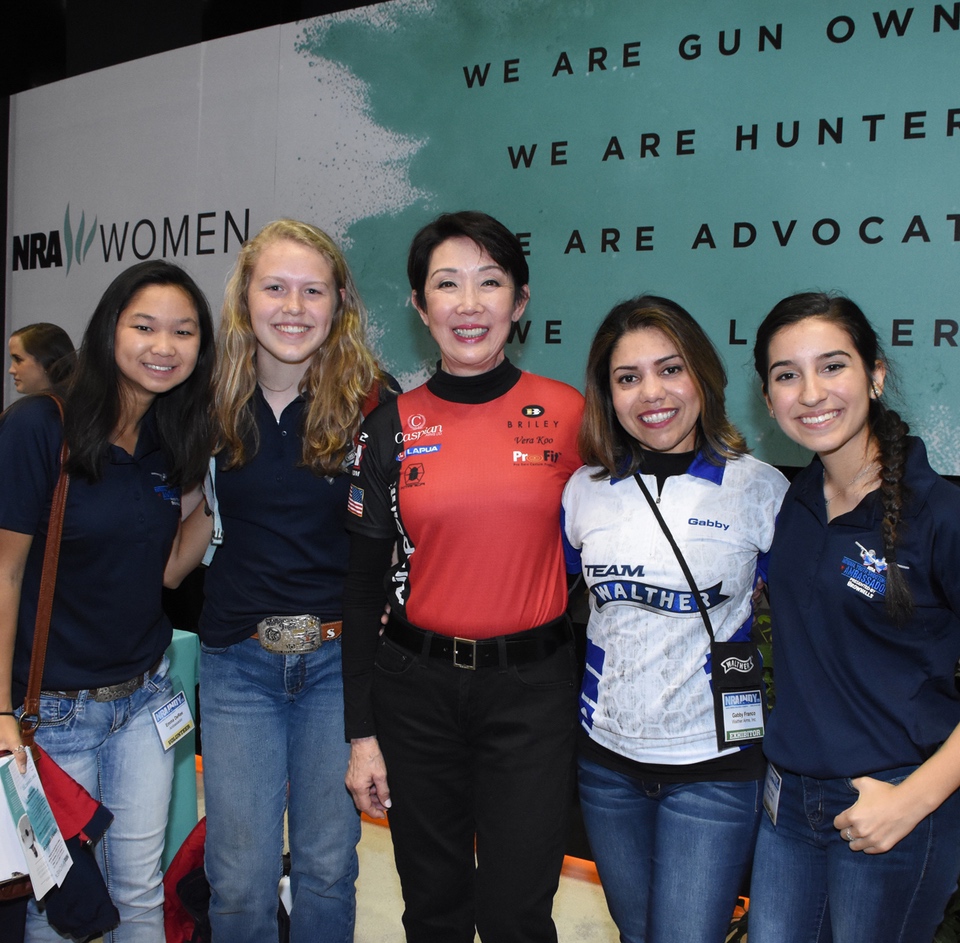
“To me, shooting has never been about wins or losses. It’s been about the way the sport shapes you as a person – the way you have to be stronger, more disciplined, and more focused to shoot your best. It not about the people you’re shooting against. It’s about you – the things you’re bringing to the range, the disappointments and hopes, and your ability to set those aside.”
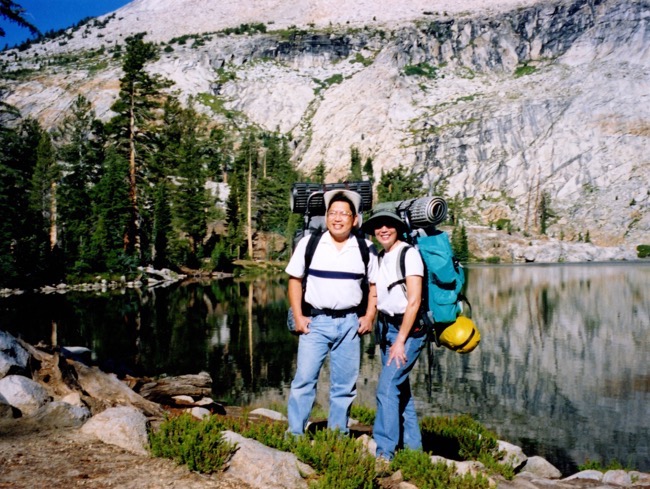
“There is a Chinese word that sounds like ‘shing ping.’ It’s a concept that means having harmony in your heart. It means you’ve made peace with everything, and you’re not holding onto any old wounds or grudges. It’s about finding balance.”
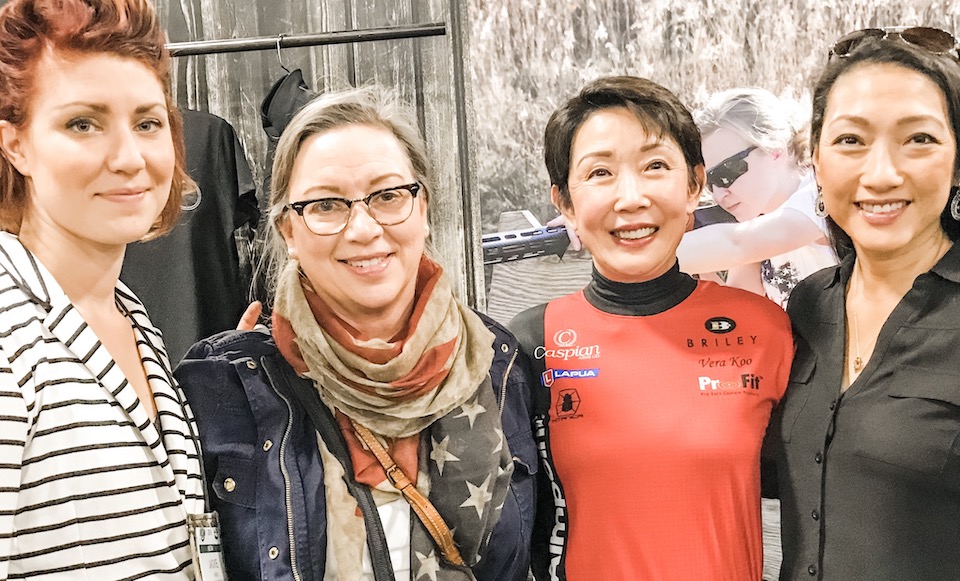
We are proud to feature Vera Koo every month at . Currently, she is promoting her book, which has been published in Chinese.
This review was originally published at (Women’s Outdoor News).
